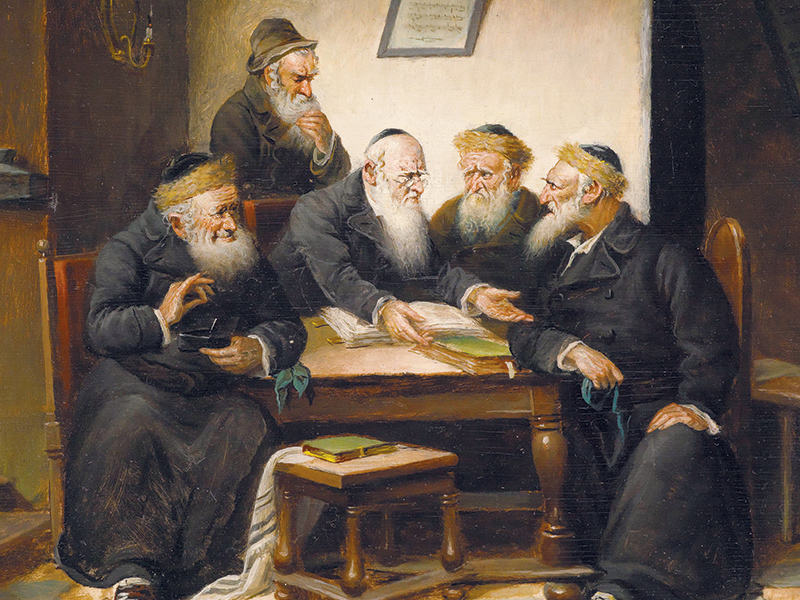Any group that is united is going to be stronger than if it were divided. We all wish for the group known as the Jewish people to be stronger.
But what if, to be united, a group requires that its individual members subjugate their own opinions and needs for the benefit of the group? And to make things even more challenging, what if what benefits the group is debatable?
With clear leadership, the process is simpler. But in a widely dispersed Jewish people, there are multiple leaders and multiple sub-groups. The phrase “United we stand, divided we fall” is a simple one, but the unification process is far more complicated than first meets the eye.
Is the Jewish people a united group today? Not really.
We are divided, first and foremost, between Israel and the Diaspora. While it was Diaspora Jews who facilitated the creation of Israel, the Jewish state has naturally diverged from its benefactors because Israeli society has evolved, become stronger and created its own identity. That should not be a surprise. Israeli culture and the experience of the country’s residents are fundamentally different from that of the Diaspora.
One major difference between the Jewish societies of Israel and those of the Diaspora is that there are very few Israelis who consider the needs and wants of their cousins in the Diaspora, while there are many – perhaps a majority – in the Diaspora who are highly attuned to the needs of Israelis. That discrepancy in levels of mutual concern is narrowing slowly, but there is a long way to go before Israeli cultural norms mandate a concern for those of us outside of Israel’s borders.
Within Israel, there are also deep divisions – between Arabs and Jews, of course, but also among Jewish Israelis, with the ultra-Orthodox, modern Orthodox and secular Jews each having their own views as to what is right for Israel and Israelis (or more accurately, what they want from their government).
There are also deep differences among Diaspora communities – differences of ideology, as well as those related to the condition of specific communities. For instance, conditions vary widely between European Jewry, which is challenged, and the Jews of Argentina and Ukraine, who are under attack. In contrast, Jews in countries like the United States, Canada and Australia are more focused on their own countries, on the welfare of Israel and the Jewish people, in large part because they can afford to do so, living in countries that, to date, remain friendly to Jews (although there are definite cracks showing in the United States, as evidenced by what is now accepted as reasonable discourse in the Democratic party).
READ: DIAMOND: WHAT DOES IT MEAN TO BE JEWISH?
Within our Diaspora communities there are also differences. Thankfully, Canada’s Jewish community remains fundamentally united. We do not see the polarization of U.S. communities, where adherence to political parties of choice, together with differences of ideology, have created a major rift even within synagogues and families. Gross polarization, together with the threat of assimilation, means that the American Jewish community is under threat. Israel needs the Diaspora as the Diaspora needs Israel, and the vast majority of Diaspora Jews are American.
How does a Jewish people living in so many different conditions be united? We do not follow one person or government and we are fundamentally disparate in our governance. There may only be one answer: perhaps we need to add a filter on what we do, how we act and react to circumstances, and that filter must be “what is good for the Jews,” because if we are not asking that question, no one else will. And while there will be differing opinions on what is indeed good for us – and what is good for some may not be good for all – if we at least include that core question, we can do a better job of being unified in an increasingly challenging, polarized world.
